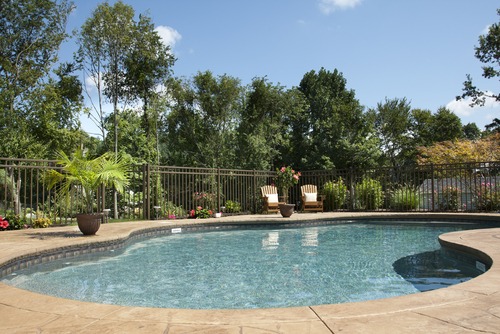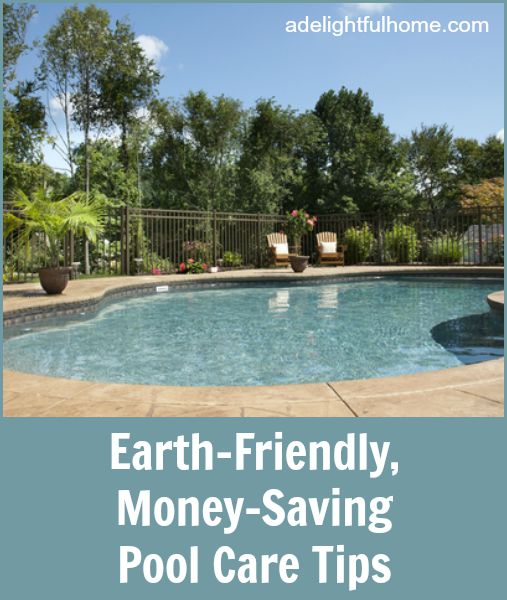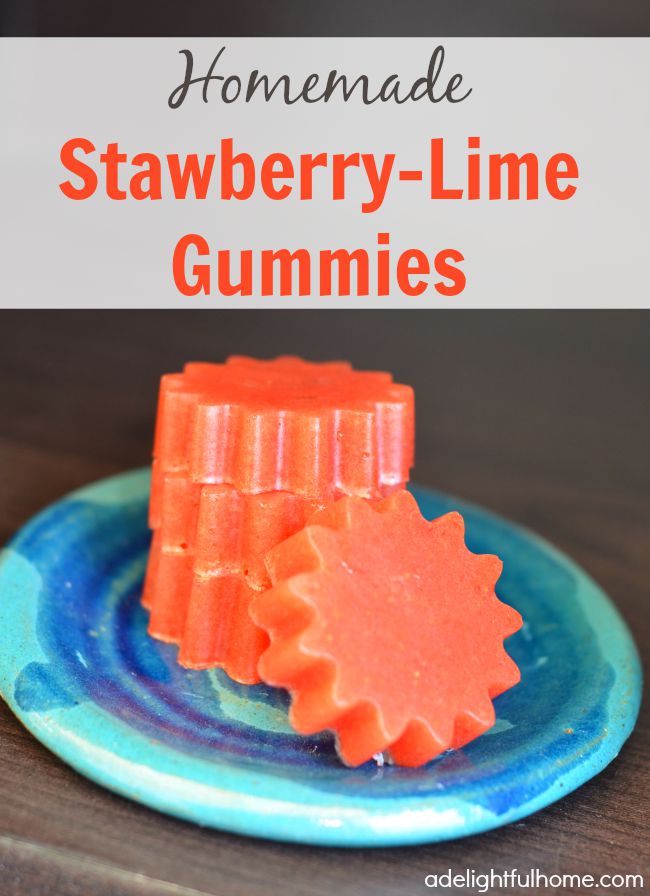As temperatures heat up, so do our monthly bills — we run the AC all day, water the lawn more often, and if you're lucky enough to have a pool, well, that costs money (and resources) too. Fortunately, there are several steps you can take to make pool maintenance more eco-friendly and cost-effective, so you'll help Mother Earth, save money and still enjoy your pool.
What Are the Benefits?
Keeping your pool chemistry balanced is your best protection against germs and illnesses such as rashes and swimmer’s ear. Chlorine and proper pH are the two most important aspects of this. But a properly maintained pool is important beyond your health. Regular maintenance helps prevent more costly repairs down the line as well spikes in chemicals needed to restore the pool, saving you money. For a complete guide to pool water balance, check out this In the Swim blog post.
Some maintenance is less intuitive for many home owners. For example, cleaning the grime from the tiles with a soft brush or pumice stone, breaks up the smaller particles that can eventually turn to algae. Regularly completing simple maintenance steps such as this are part of your cost-saving program.
What Can You Do?
For starters, go swimming regularly. Regular swimming kicks up the sediment and debris, allowing the filtration system to do its job and remove the particles before they transform into algae. If your schedule doesn’t allow for daily swims, make sure your filtration system runs on a regular schedule and sweep regularly for debris. If you don’t already have one, install an eco-friendly pool pump — it'll use less energy to keep the water moving.
Solar covers are a great way to heat your pool without turning on the heater (which, of course, uses energy and costs money to run). A liquid solar cover is an inexpensive and safe way to retain heat without having an actual cover to pull off and put on every time you or the kids want to hop in. While such covers don’t retain as much heat as a physical solar cover, they are a great alternative.
Converting from a traditional chlorine pool to a salt water system is a wonderful solution for many, Tucson.com reports. A salt water system reduces or eliminates the amount and expense of chemicals because salt, unlike chlorine, doesn’t evaporate.
Another eco-friendly tip is to convert from using chemical sanitizer to using UV sanitizing systems. A UV sanitizer emits a germicidal light ray that essentially destroys the DNA of organic matter such as bacteria or plant material. A UV system is installed just past your pools filtration system and never emits UV light on the pool itself. Rather, the water runs past the UV lamp on its way out of the filter.
It goes without saying that maintaining proper chemical balance is the keep to keeping to keeping you pool crystal clear without downtime and without needed to take drastic measures to restore your pools beauty and balance. In the summer, this means testing 2-3 times a week and adjusting any chemicals you are using accordingly.
This article was written by Marie Hartung
Marie Hartung has 15 years' experience as an HR Manager and Diversity Consultant. She's conducted case-study research on employee motivation and designed and developed innovative programs to attract and retain talent. She lives in Monroe, WA. @MarieHartung








 Strawberry-Lime Gummies Recipe
Strawberry-Lime Gummies Recipe
Leave a Reply